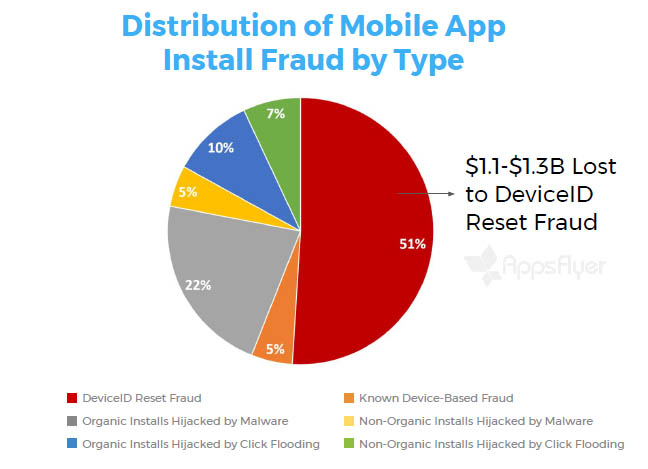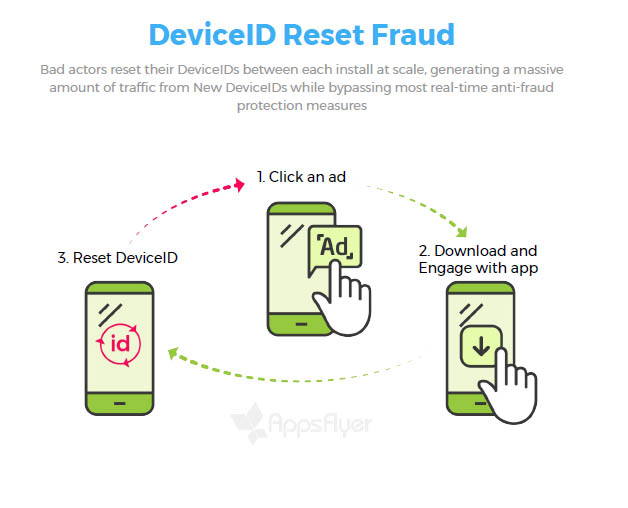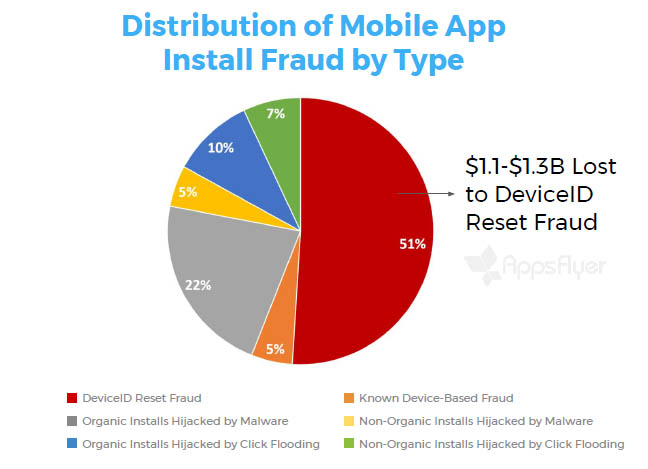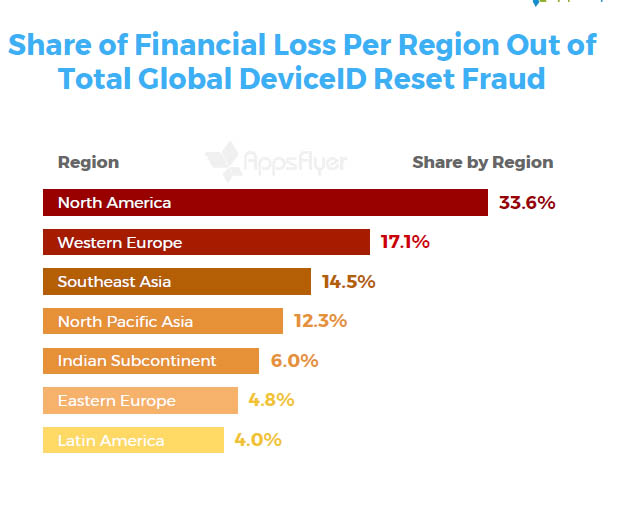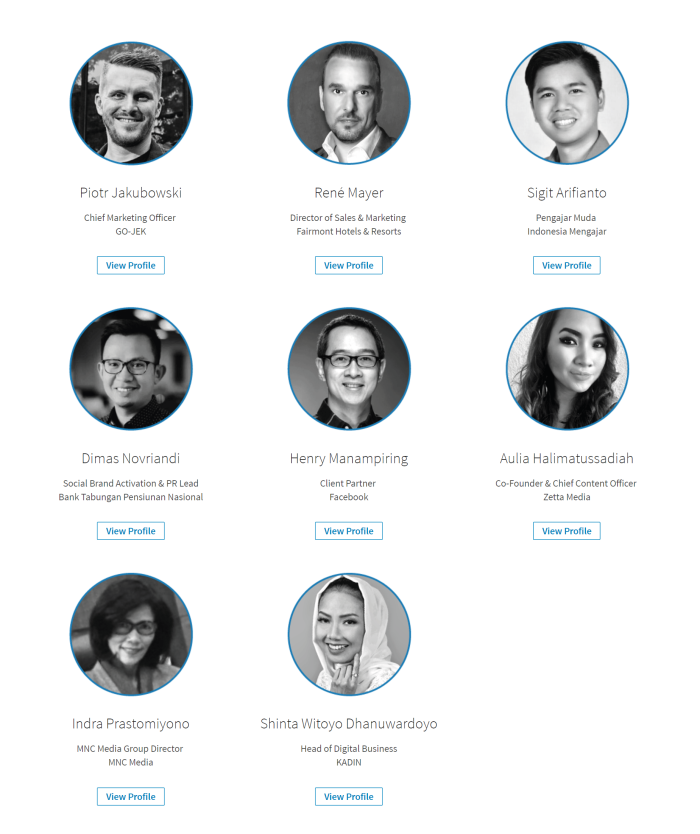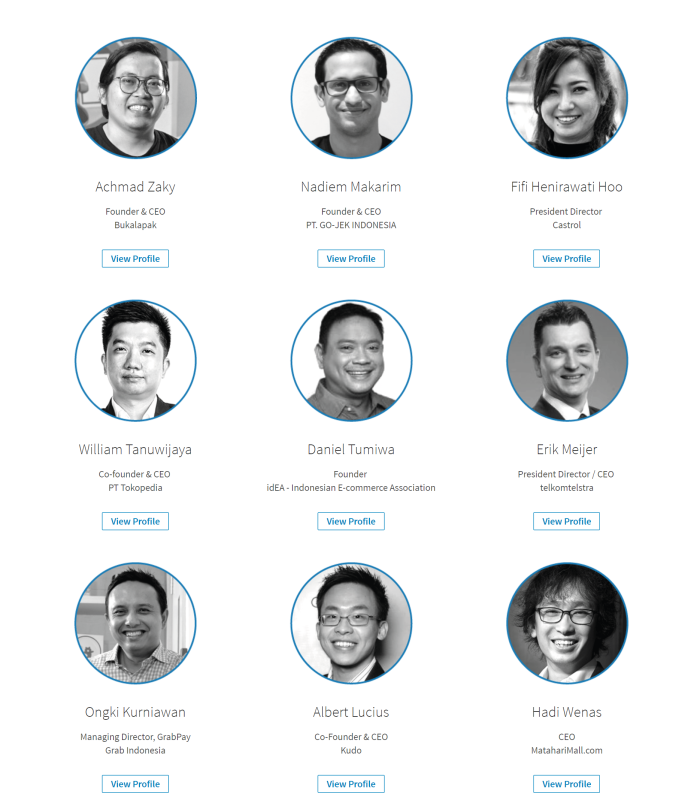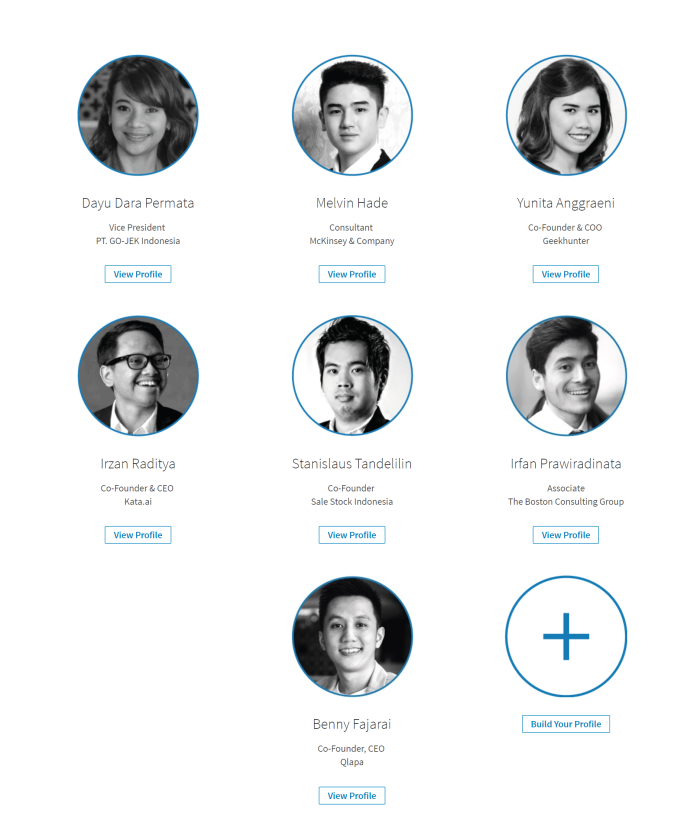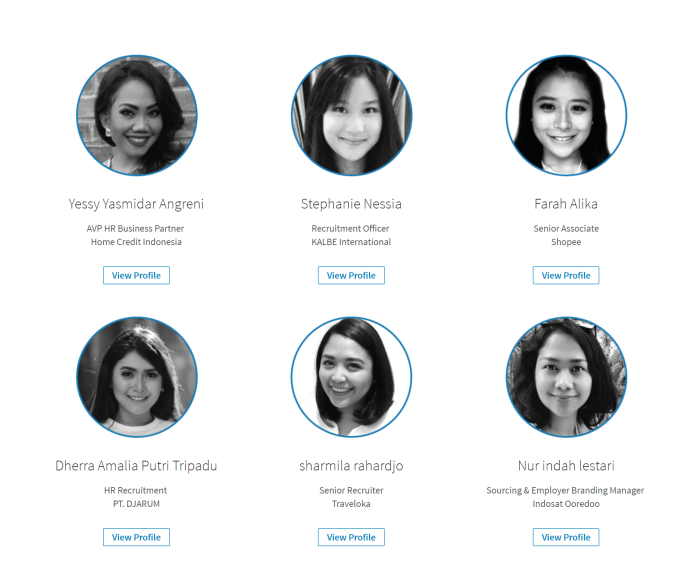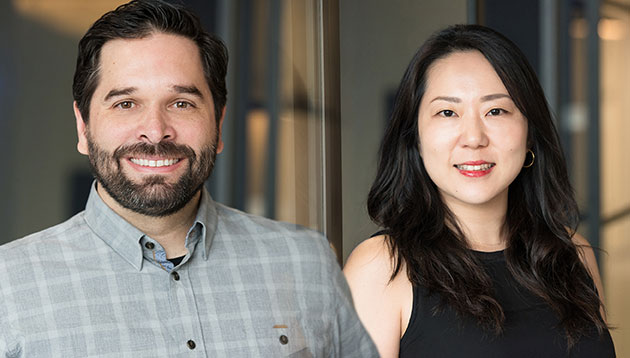
Essence has appointed Stephen Tompkins (pictured left) as head of media activation, APAC and Haruna McWilliams (pictured right) as regional strategy director, effective immediately with both individuals based in Singapore.
In his new role, Tompkins is responsible for a team of social, display and search media activation experts across Asia Pacific. He will sit on the regional leadership team and report to Oscar Garza, global director of media activation. Tompkins has over 15 years of digital media experience in Asia and North America.
He was previously the vice president of programmatic at DigitasLBi North America for close to a year, where he developed and scaled DigitasLBi's programmatic practice nationally, according to his LinkedIn. Tompkins also assisted in the development of a transparent financial model that benefits both clients and agency, as well as served as a high-level escalation point on all programmatic issues.
Before joining DigitasLBi North America, Tompkins spent six years with Publicis Media across Singapore, Beijing and New York handling operations, activation and strategy for the programmatic practice. Additionally, he was part of the initial Vivaki Media Technology team which developed the original audit process for all ad tech vendors in Asia Pacific and North America.
Tompkins was part of the launch team to setup Vivaki's biddable media practice in Southeast Asia across eight markets. Prior to joining Publicis, he worked in marketing and account management for Microsoft, Mediaplex and Nielsen.
"I am excited to work alongside an industry stalwart like Garza and I believe my deep industry knowledge combined with my global operations experiences will only enhance Essence's regional footprint in APAC," Tompkins said.
In her newly created role, McWilliams will work closely with Alastair Boyle, global strategy lead, to coordinate Essence's regional and global viewpoint. She will report to Kyoko Matsushita, CEO of Essence Asia Pacific. With more than 15 years of industry experience, McWilliams most recently served as global planning director at Leo Burnett, Singapore, where she played a key role on P&G brands.
Previously she held roles in Japan, US and the UK with Ogilvy & Mather, BBDO and JWT, where she was responsible for strategy for global clients such as Unilever, Danone, AmEx and Cisco Systems. Before moving to Singapore, McWilliams built the strategy capability for IPG Mediabrands in Japan, where she was the lead on key global clients including J&J and Coca-Cola.
“Essence's mission to make advertising more valuable to the world always struck a chord with me. It’s an exciting time for Essence in the region and I look forward to working closely with the regional and global leadership teams to make impactful contributions.” said McWilliams.
“The collective knowledge and expertise that Stephen and Haruna bring to Essence further strengthens our ability to deliver world-class, data-driven advertising. These appointments reflect our continued commitment to growing and investing in the APAC region,” said Matsushita.
In a bid to boost the agency's Asia Pacific growth plans, Essence promoted client partner and head of strategy for APAC, Kunal Guha, in January to the newly-created position of managing director Singapore. Former senior planning director Vincent Niou was also promoted to the role of senior programmatic and partnerships director, APAC.

